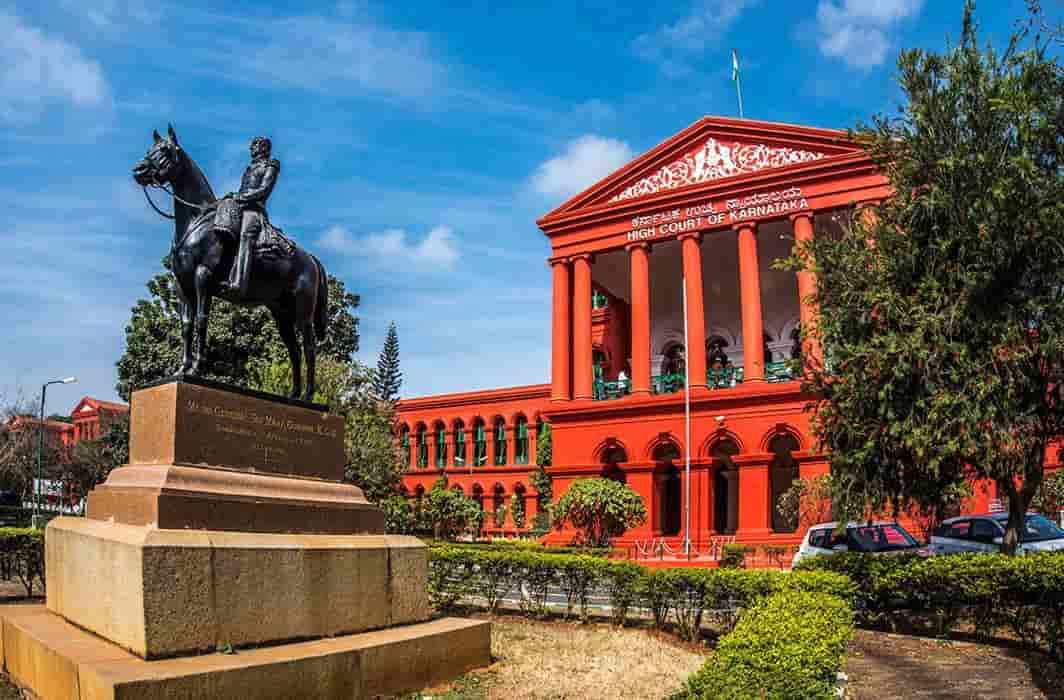Read Judgment
Karnataka High Court in one of its recent orders had allowed a writ petition of an accused who was booked for negligence under Section 304A IPC r/w Section 34 of IPC and stated that to book a person under Section 304A IPC the act committed must be either rash or negligent and the cause of said crime should be a direct consequence of the act.

Observations were made by single judge bench of Justice M. Nagaprasanna.
Brief Facts of the Case
In the case of Sri Vishwas v. Versus The State Of Karnataka and others, the petitioner is an architect engineer who entered into an agreement with owner os a residential site property to design his house. After making the layout and dimensional design of the house the petitioner handed over the designs to the site owner and consequently the construction of the building and the plan of action for such construction was entrusted to a contractor by the site owner.
During the construction, an employee working under the contractor
dies due to electrocution on the site. Subsequently the police registers
a crime against the petitioner , contractor , and the owner
of the site and after investigating filled a charge sheet against the above accused dropping the name of the owner.
Following which the petitioner filed a writ petition before the High Court under Article 226, 227 of Indian Constitution r/w Section 482 CrPC seeking to quash entire proceedings against him.
Counsel’s Submissions:
Ld. Counsel for petitioner contended that the petitioner cannot be framed under the alleged charges as he is only the architect who carved the design of the house and the responsibility of taking preventions and caution of the mishap is of the contractor and owner under whom the employee was working.
Counsel for complainant submitted that the design provided by the petitioner was the cause of the death of the employee.
High Court's Observations:
High court of Karnataka while perusing the material records observed that the petitioner had nothing to do after proving the layout designs to the owner as per their agreement.
The Court observed that the petitioner was booked under Section 304A IPC and so focussed on its essence which says “Whoever causes the death of any person by doing any rash or negligent act not amounting to culpable homicide, shall be punished with imprisonment of either description for a term which may extend to two years, or with fine, or with both.”
Court with above definition contended that to book a person under above charge the death caused must be result of a rash and negligent act which are two essential components of the said section.
The court further opined that the design of the house made by the petitioner cannot be considered a rash or negligence act that caused the death of the worker and Section 304A of IPC cannot be stretched too far as to make an architect responsible who just designed a house for the death of a worker who died working under a contractor.
The court referred to the judgment of apex court in case of AMBALAL D.BHATT v. STATE OF GUJARAT and State of Haryana & Ors Vs. Ch. Bhajan Lal & Ors, 1990 Latest Caselaw 365 SC and stated that no case can be laid down against the petitioner under Section 304A IPC.
Court allowed the writ petition and exercised its jurisdiction under Section 482 CrPC and terminated all the proceedings against the petitioner.
CASE TITLE: Sri Vishwas v. Versus The State Of Karnataka and others
CASE DETAILS: WRIT PETITION No.5609 OF 2022
CORAM: Justice M. Nagaprasanna
Social media is bold.
Social media is young.
Social media raises questions.
Social media is not satisfied with an answer.
Social media looks at the big picture.
Social media is interested in every detail.
social media is curious.
Social media is free.
Social media is irreplaceable.
But never irrelevant.
Social media is you.
(With input from news agency language)
If you like this story, share it with a friend!
We are a non-profit organization. Help us financially to keep our journalism free from government and corporate pressure













0 Comments